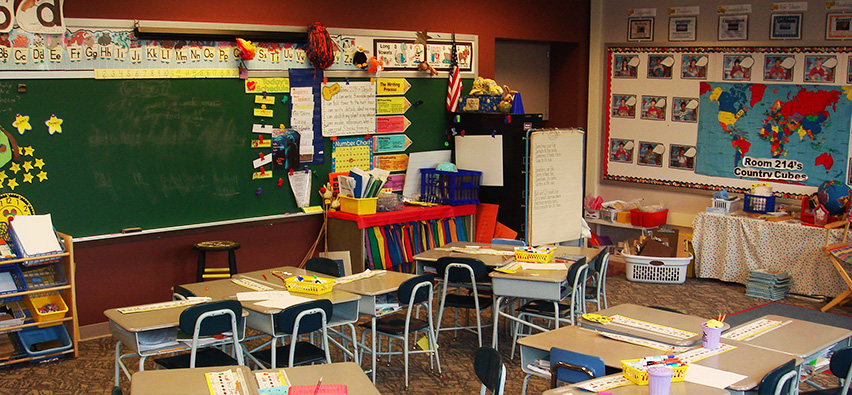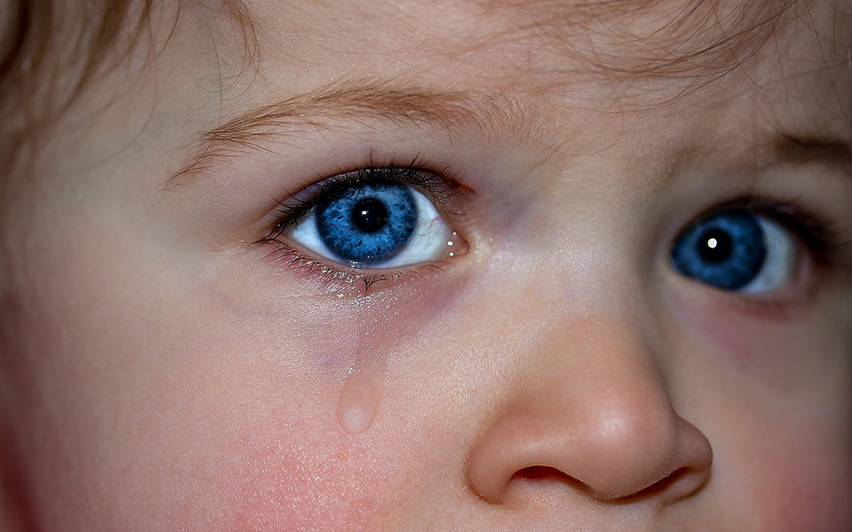Mothers’ emotions after pediatric burn injury: Longitudinal associations with posttraumatic stress and depressive symptoms 18 months postburn
This study suggests that mothers’ acute self-conscious and long-term basic emotions in relation to their child’s burn injury are involved in the development of posttraumatic stress and depressive symptoms.
How do included and excluded students with SEBD function socially and academically after 1,5 year of special education services?
This study examined which factors were related to placement choices for inclusive regular education or exclusive special education for Dutch students with social, emotional, and behavioral difficulties (SEBD).
Which School for Whom? Placement Choices for Inclusion or Exclusion of Dutch Students With Social, Emotional, and Behavioral Difficulties in Primary Education
This study examined which factors were related to placement choices for inclusive regular education or exclusive special education for Dutch students with social, emotional, and behavioral difficulties (SEBD).
Mother, father and child traumatic stress reactions after paediatric burn
The current study examined occurrence and within-family associations of traumatic stress reactions after child burn injury, while in the same model addressing the role of parents’ own symptoms in their reports of child symptoms.
People management: developing and testing a measurement scale
In this study we conceptualize people management and develop a multidimensional scale to measure it from the perspectives of both employees and line managers.
Effectiveness of Interventions for Chronic Cancer-Related Fatigue: An RCT
Effectiveness of Two Web-Based Interventions for Chronic Cancer-Related Fatigue Compared to an Active Control Condition: Results of the “Fitter na kanker” Randomized Controlled Trial.
Physical Behavior Profiles in Chronic Cancer-Related Fatigue
Increasing physical activity level is a generally effective intervention goal for patients who suffer from chronic cancer-related fatigue (CCRF). However, patients are unlikely to benefit equally from these interventions,
Parents’ posttraumatic stress after burns in their school-aged child: A prospective study
Objective: This prospective study examined the course and potential predictors of parents’ posttraumatic stress symptoms (PTSS) after burn injury in their child (Age 8 to 18 years). Method: One hundred eleven mothers and 91 fathers, representing 118 children, participated in the study.
Introducing the Fling – An Innovative Serious Game to Train Behavioral Control in Adolescents: Protocol of a Randomized Controlled Trial
Behavioral control weaknesses are a strong predictor of problematic behaviors in adolescents, such as heavy alcohol use. Heavy alcohol use at this young age can lead to health and school-related problems and is a severe societal problem.
A Bildung-psychological investigation into student motives: McKinsey- or von Humboldt-oriented?
This study examined differential student motives among students from a social sciences bachelor’s degree, and whether this difference related to participating in educational programmes for broader intellectual formation (Bildung). Survey research was conducted among 432 Dutch students (79.5% female), ranging in age from 17 to 32 years (Mage = 21.12, SD = 2.08).
Eye movement desensitisation and reprocessing therapy v. stabilisation as usual for refugees: randomised controlled trial
Eye movement desensitisation and reprocessing (EMDR) therapy is a first-line treatment for adults with post-traumatic stress disorder (PTSD). Some clinicians argue that with refugees, directly targeting traumatic memories through EMDR may be harmful or ineffective.
Fostering pupils’ lifelong learning competencies in the classroom: evaluation of a training programme using a multivariate multilevel growth curve approach
Evidence-based interventions to promote lifelong learning are needed not only in continuing education but also in schools, which lay important cornerstones for lifelong learning.












